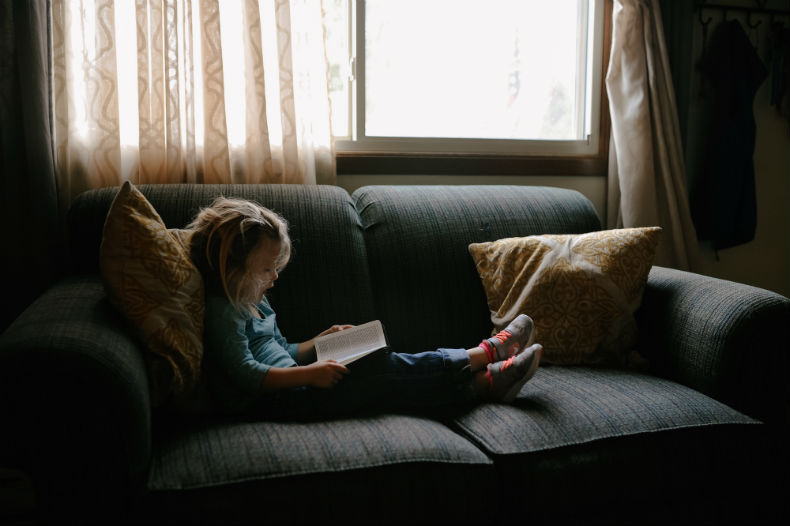Play For Children Age 3-6 Years
The older your little one is getting, the more advanced their play will become. We’ve seen how important play is for brain development, and the methods of play for younger children. It’s now time to focus on your child when they come into their early school years.
During these pre-school/early school years, your child’s development is at an all time high! Their brains are developing at a rapid rate thanks to two concurrent processes, synaptogenesis and myelination.
So, what do these long medical words mean, and what have they got to do with your child’s early brain development? Synaptogenesis is the forming of synapses between neurons throughout the nervous system. This process takes place during our whole life, but is explosive at the earlier stages of development. Myelination is the formation of a myelin sheath. This sheath is found around the nerve, and allows nerve impulses to move faster.
Now we know what is going on in the brain at this age, it’s time to focus on how to encourage your child’s development.
Preschoolers (Age 3-5)
At this period in your toddlers life, cognitive and language skills are at the forefront of their development. Engagement and communication is extremely important at this age. We have listed some of the skills your child will start to develop and how you can influence these.
Counting
It can be tempting to sit down with your child and teach them to count by reciting numbers from one to one hundred, but let’s be realistic, that’s a tad boring. Our advice is to approach counting in a practical manner. At this age, children will start to become curious about numbers, counting objects, and order. Engage with your child and allow them to partake in activities that involve counting and organisation. Get your child to help in household chores. Count and separate your laundry into different colours, count out table settings and divide the cutlery between the settings. It may not sound like play, but your child is learning important practical skills when it comes to counting and categorising. All of this aids in their mathematical skills.
Routine
You are probably fed up of the word routine. It seems to feature heavily in every book or article when it comes to babies. However, at this stage of your child’s development they are beginning to understand routine. Their brains are beginning to recognise routine, and they come to expect a certain order to the day. Encourage this by sticking to a routine. As the day progresses give a description to your child. Things like “after you brush your teeth, it’s time for our walk to the park” or “it’s bath time once you have finished eating your dinner.” A little context to their day and a reassurance of what is happening next is a great way to get your child used to routine. Make it fun by asking them what they think should happen next in the day. Their answer will give you a giggle if anything!
Photo by Blake Meyer on Unsplash
Early School Years (Age 5-6)
Language & Reading
As your child approaches the 5-6 year age group, language development and reading is becoming a huge part of their lives. Now that they’ve started school, reading is essential for brain development. It doesn’t have to be just sitting down with a book and reading a few pages every night, you can make it a bit of fun as you go! For their language development, give tongue twisters a go. Betty Butter usually goes down a treat!
Phonic games are great for language and reading. Play I Spy but use the starting sound rather than the letter for instance “pha” or “kuh”.
Rhyme words with your child. For example, “game” they say “came” and so on and so forth.
Beginning with the end - This involves you saying a word, example “word”, your child then has to think of a word beginning with the last letter of your word, i.e. “dig” and so on.
Get your acting hat on and play a game of Charades. Reading the word they are to act out, and following instructions help their cognitive development.
Following on from that, allow your child to engage their creativity and get them to act out a story/play or puppet show of one of their favourite books or movies. This allows them to recall information as well as growing their language skills. Older children can even write a little script to follow, you can get involved by acting out their masterpiece with them!
Photo by Josh Applegate on Unsplash



